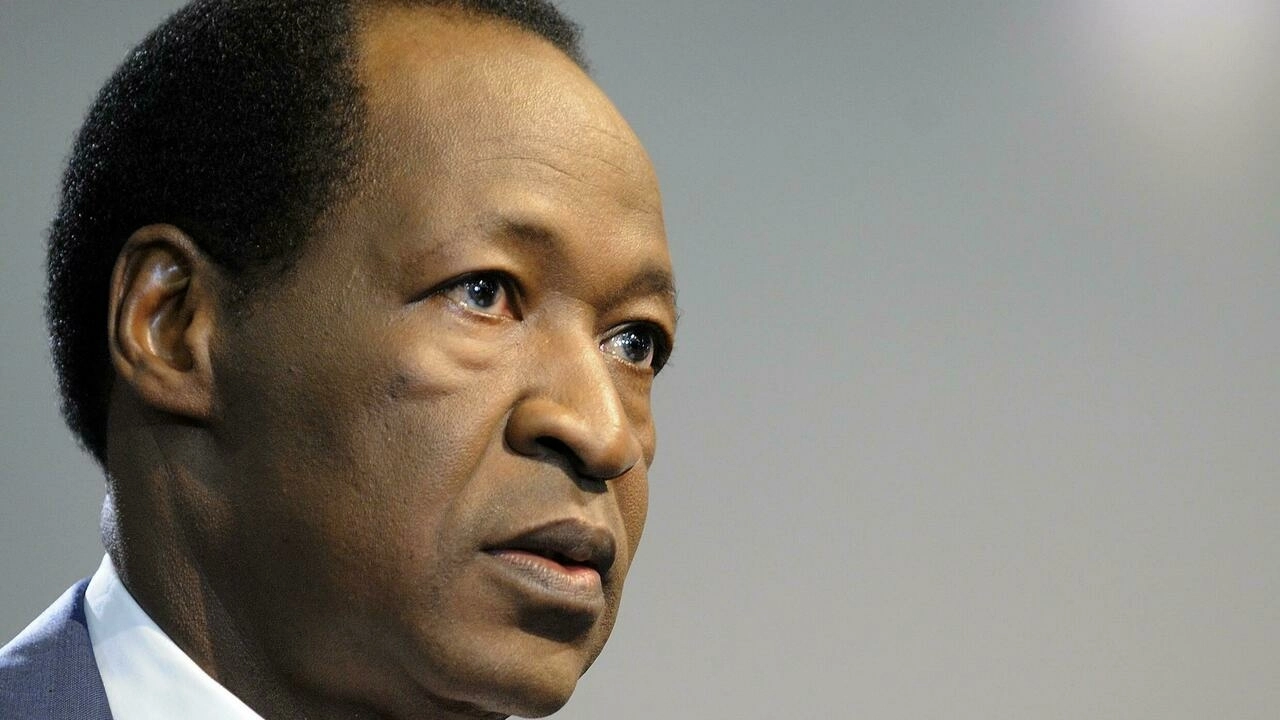
OUAGADOUGOU, Oct 11, 2021 (BSS/AFP) - The trial of 14 men, including a
former president, was set to begin in Burkina Faso on Monday over the
assassination of the country's revered revolutionary leader Thomas Sankara 34
years ago.
The slaying of Sankara, an icon of pan-Africanism, has for years cast a
dark shadow over the poor Sahel state, fuelling its reputation for turbulence
and bloodshed.
Sankara and 12 others were riddled with bullets by a hit squad in October
1987 during a putsch that brought his friend and comrade-in-arms Blaise
Compaore to power.
Compaore ruled the country for the next 27 years before being deposed by a
popular uprising and fleeing to neighbouring Ivory Coast, which granted him
citizenship.
He and his former right-hand man, General Gilbert Diendere, who once headed
the elite Presidential Security Regiment, face charges of complicity in
murder, harming state security and complicity in the concealment of corpses.
Compaore, who has always rejected suspicions that he orchestrated the
killing, will be tried in absentia by the military court in the capital
Ouagadougou.
His lawyers last week announced he would not be attending a "political
trial" flawed by irregularities, and insisted he enjoyed immunity as a former
head of state.
Diendere, 61, is already serving a 20-year sentence for masterminding a
plot in 2015 against the transitional government that followed Compaore's
ouster.
Another prominent figure among the accused is Hyacinthe Kafando, a former
chief warrant officer in Compaore's presidential guard, who is accused of
leading the hit squad. He is on the run.
A young army captain and Marxist-Leninist, Sankara came to power in a coup
in 1983 aged just 33.
He tossed out the country's name of Upper Volta, a legacy of the French
colonial era, and renamed it Burkina Faso, which means "the land of honest
men".
He pushed ahead with a socialist agenda of nationalisations and banned
female genital mutilation, polygamy and forced marriages.
Like Ghana's former leader Jerry Rawlings, he became an idol in left-wing
circles in Africa, lauded for his radical policies and defiance of the big
powers.
Burkina Faso has long been burdened by silence over the assassination --
during Compaore's long time in office, the subject was taboo -- and many are
angry that the killers have gone unpunished.
"The trial will mark the end to all the lying -- we will get a form of
truth. But the trial will not be able to restore our dream," Halouna Traore,
a comrade of Sankara and survivor of the putsch, said in a TV interview.